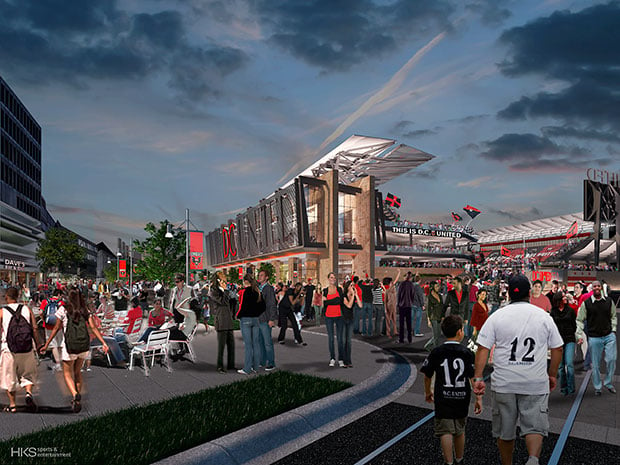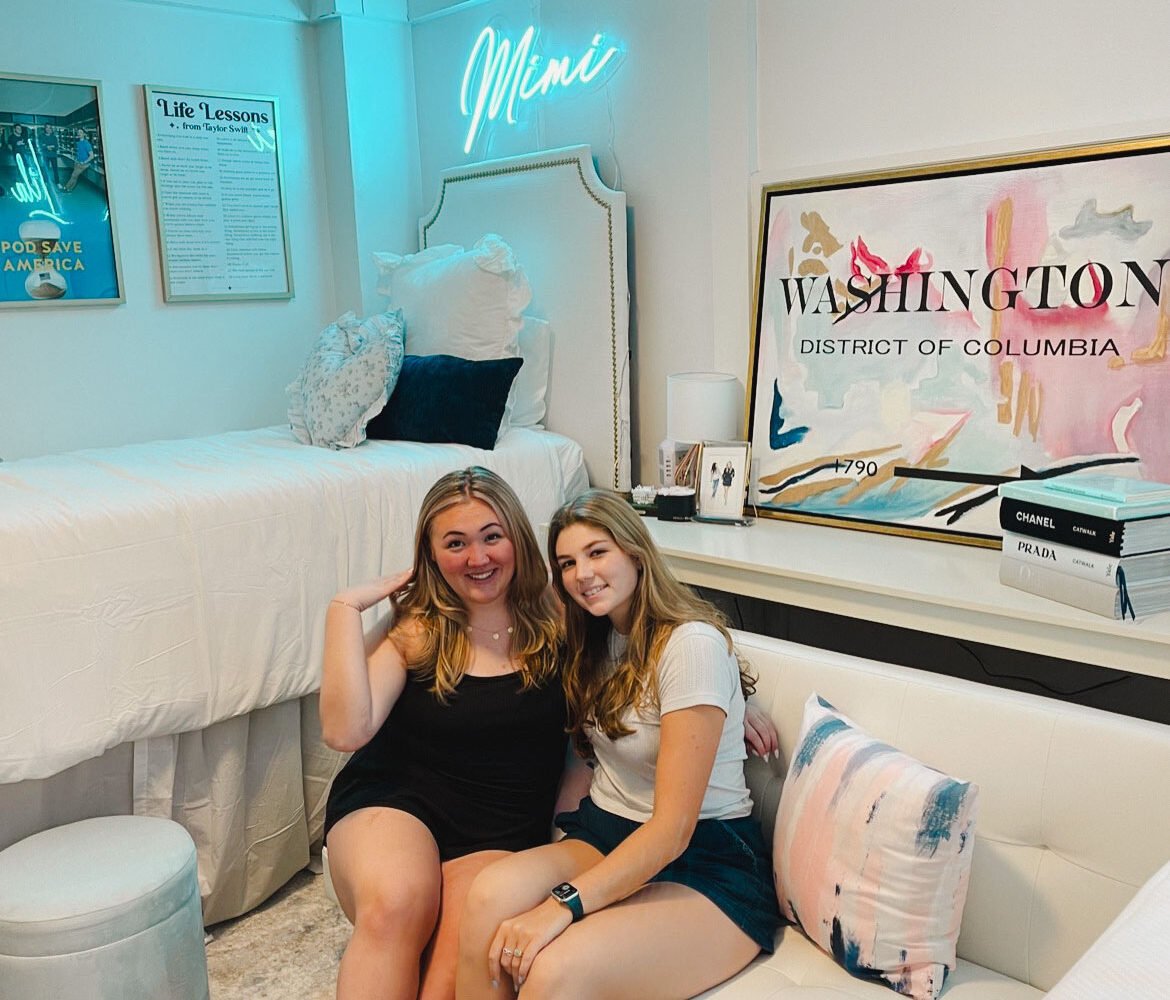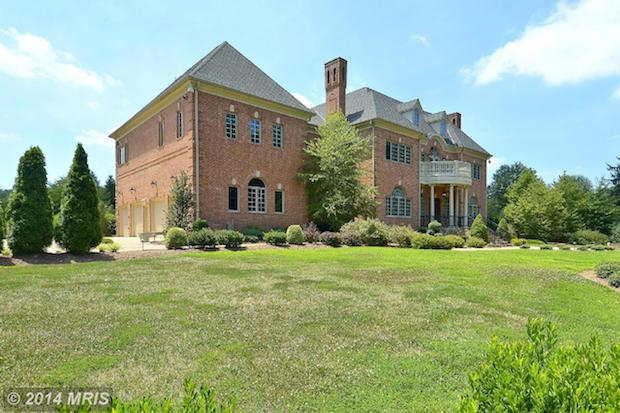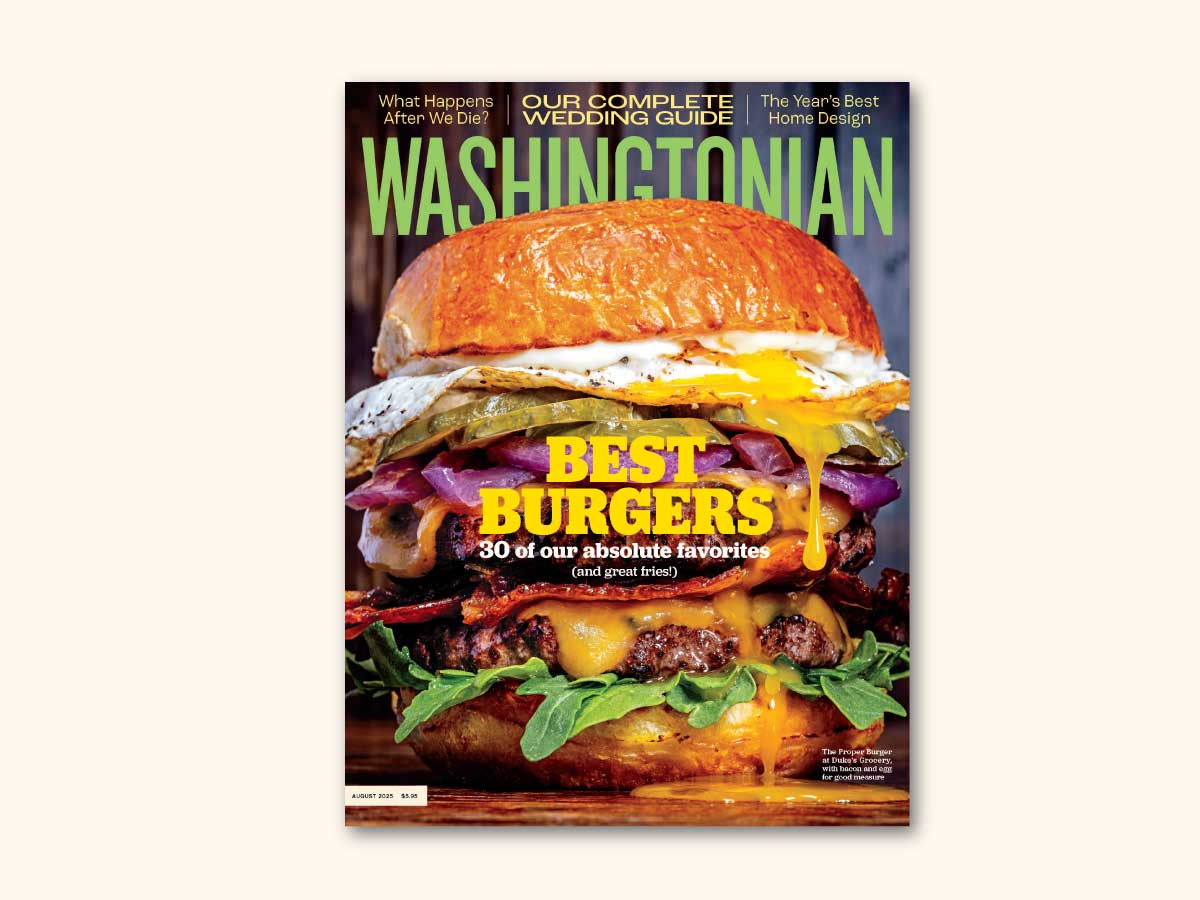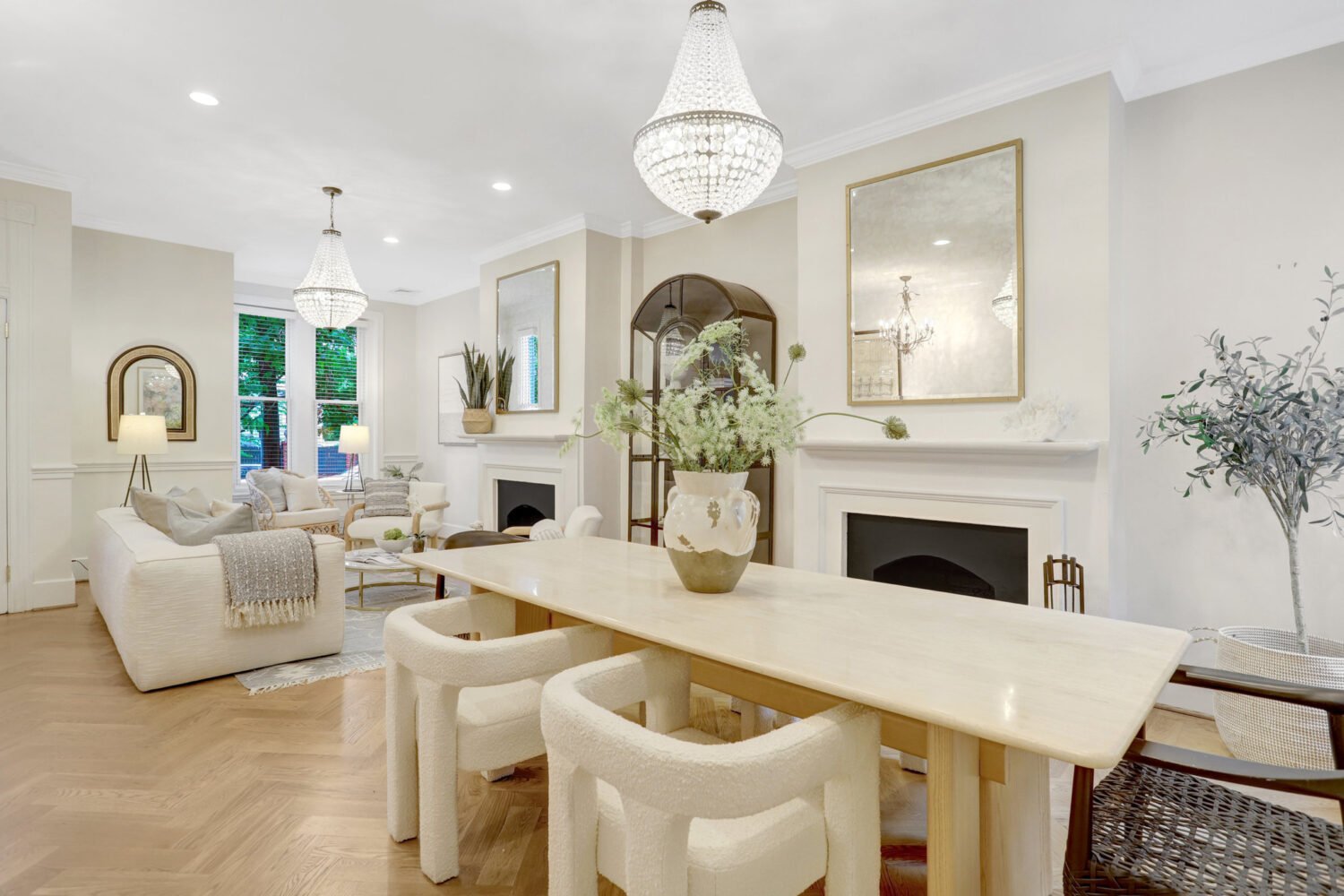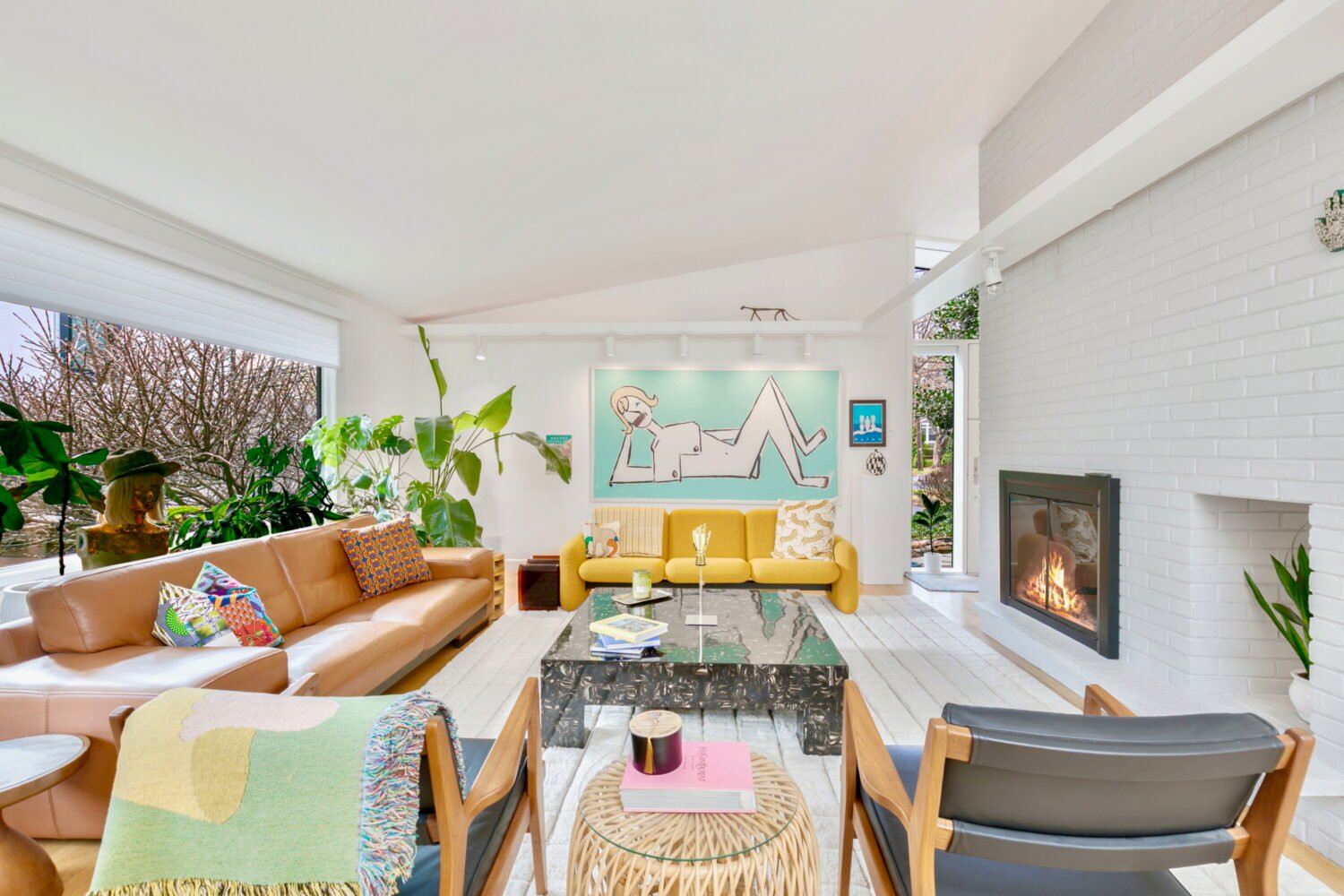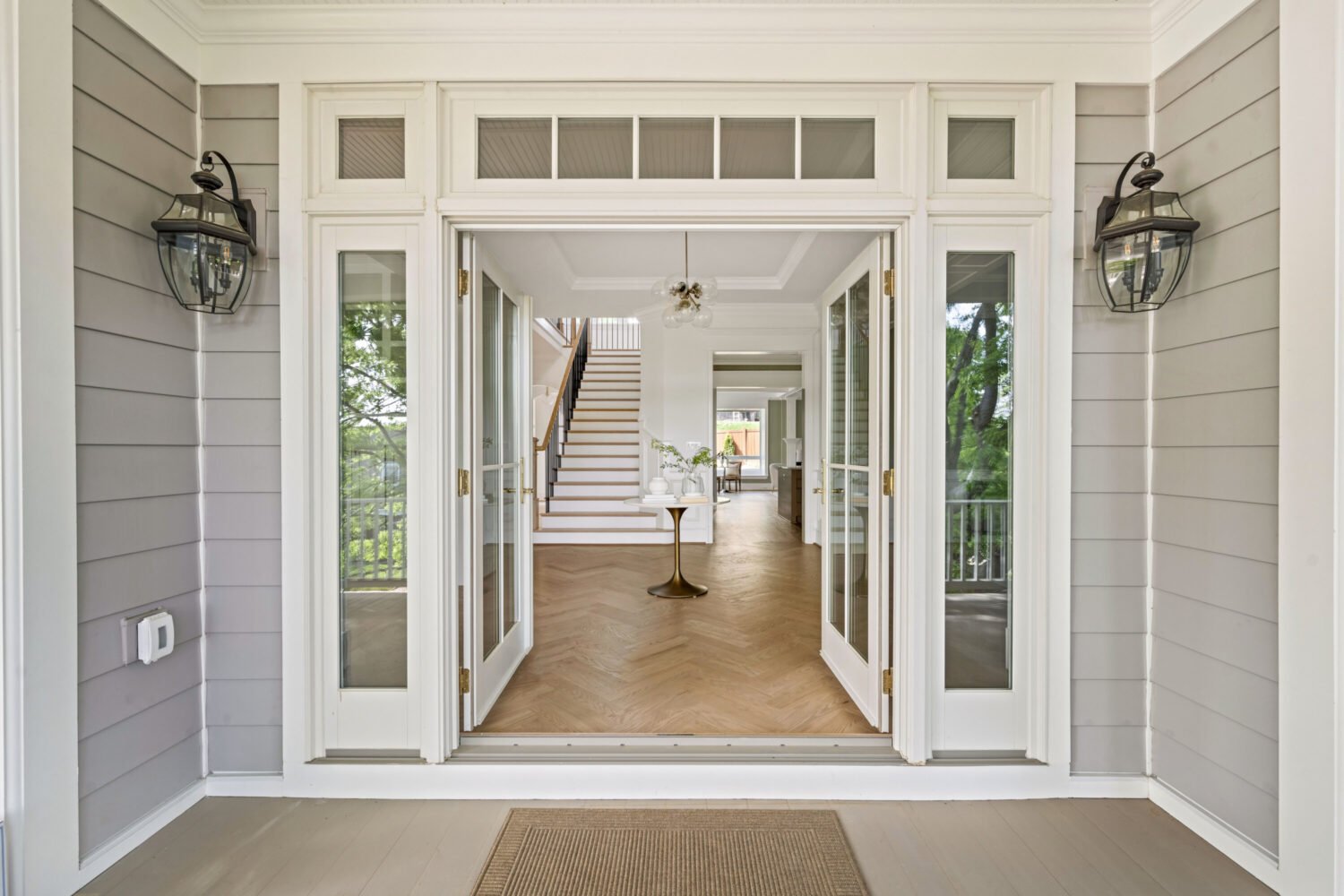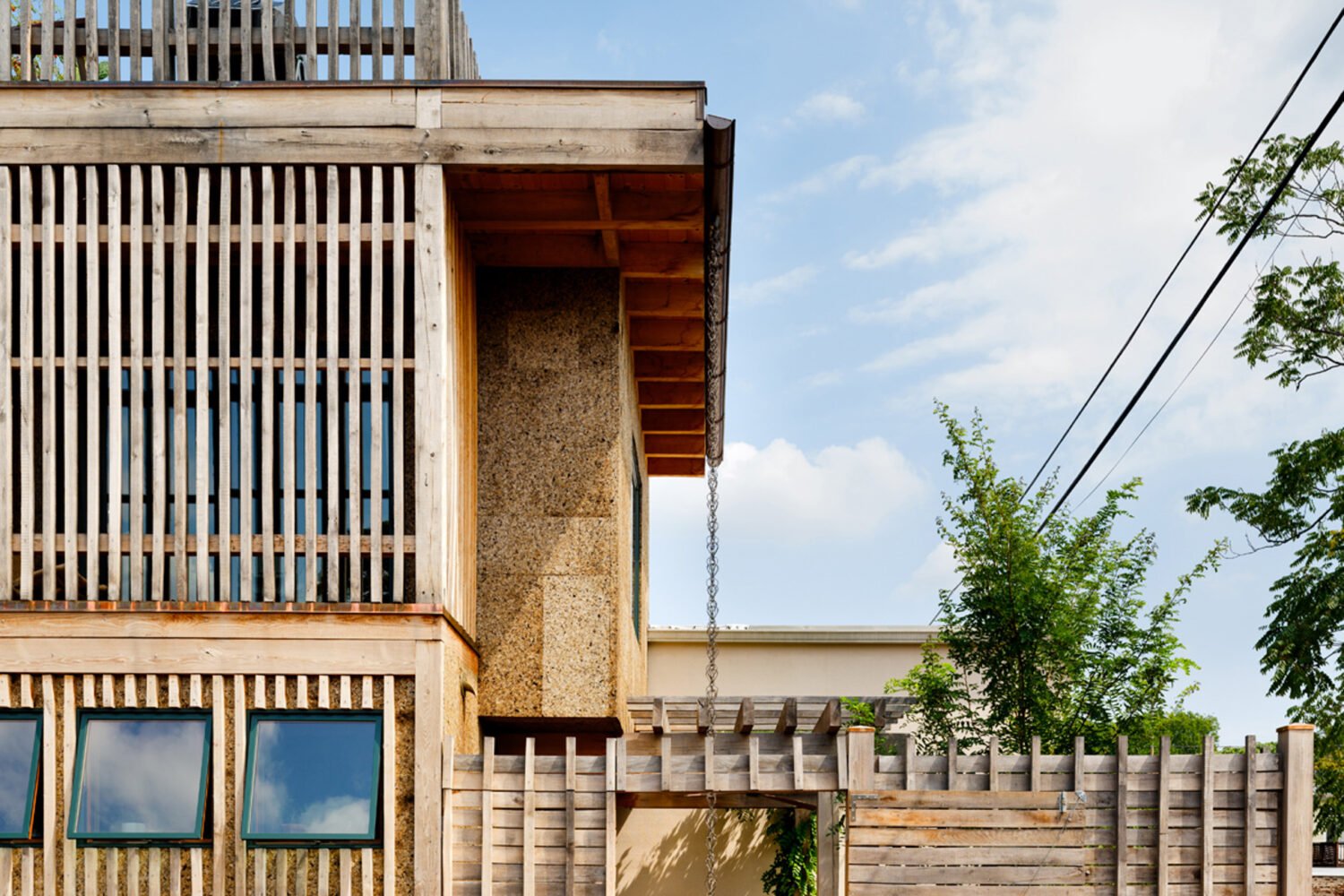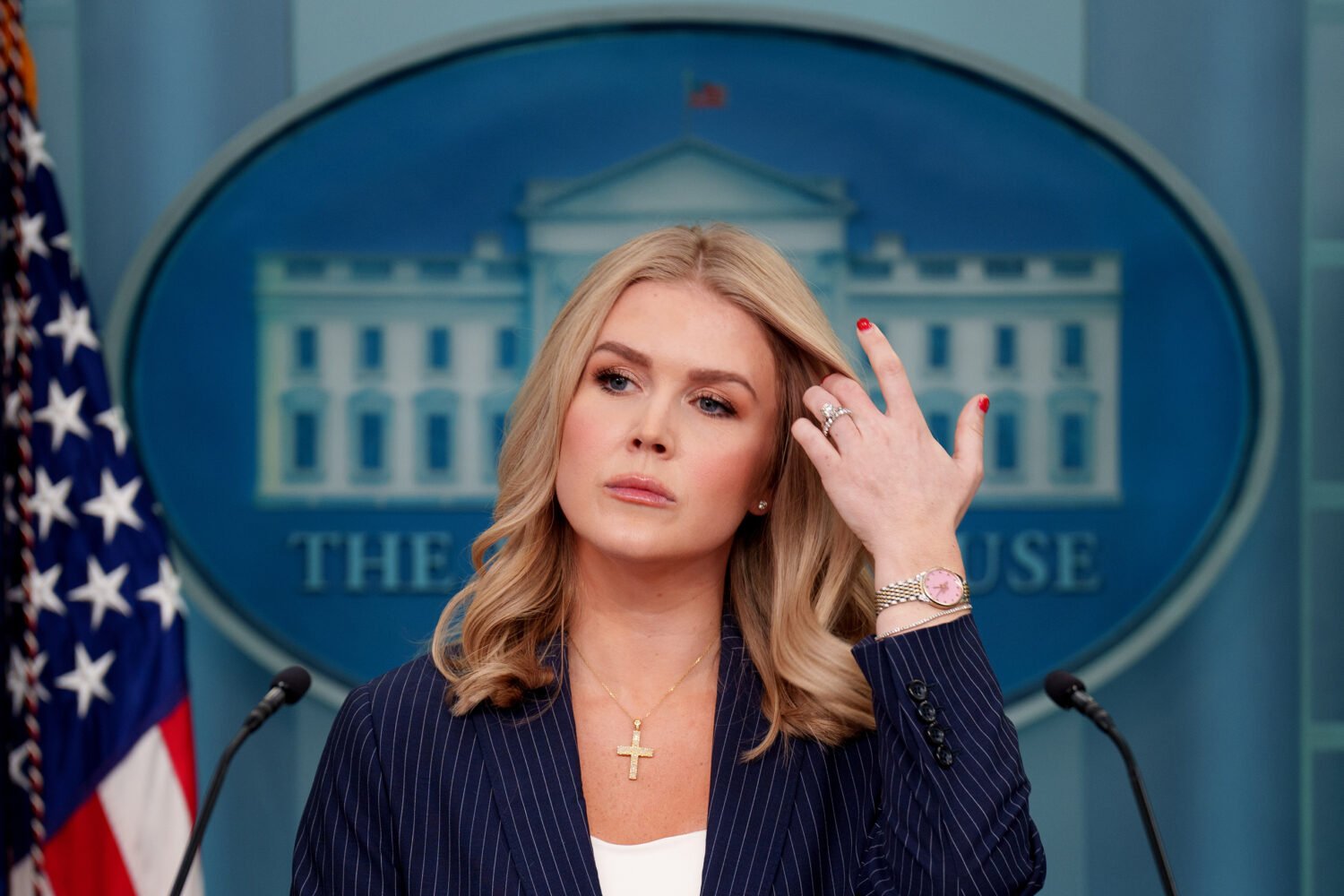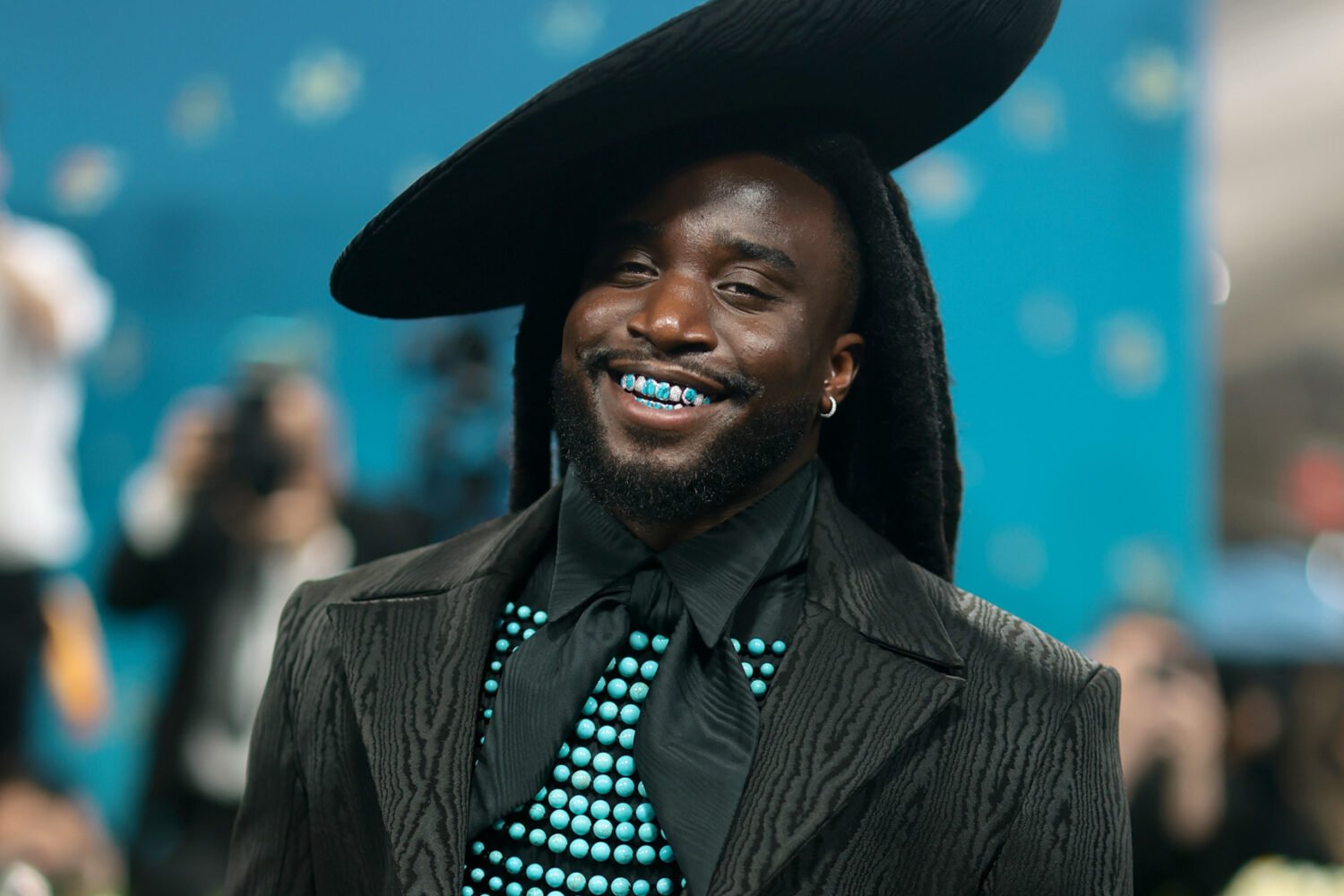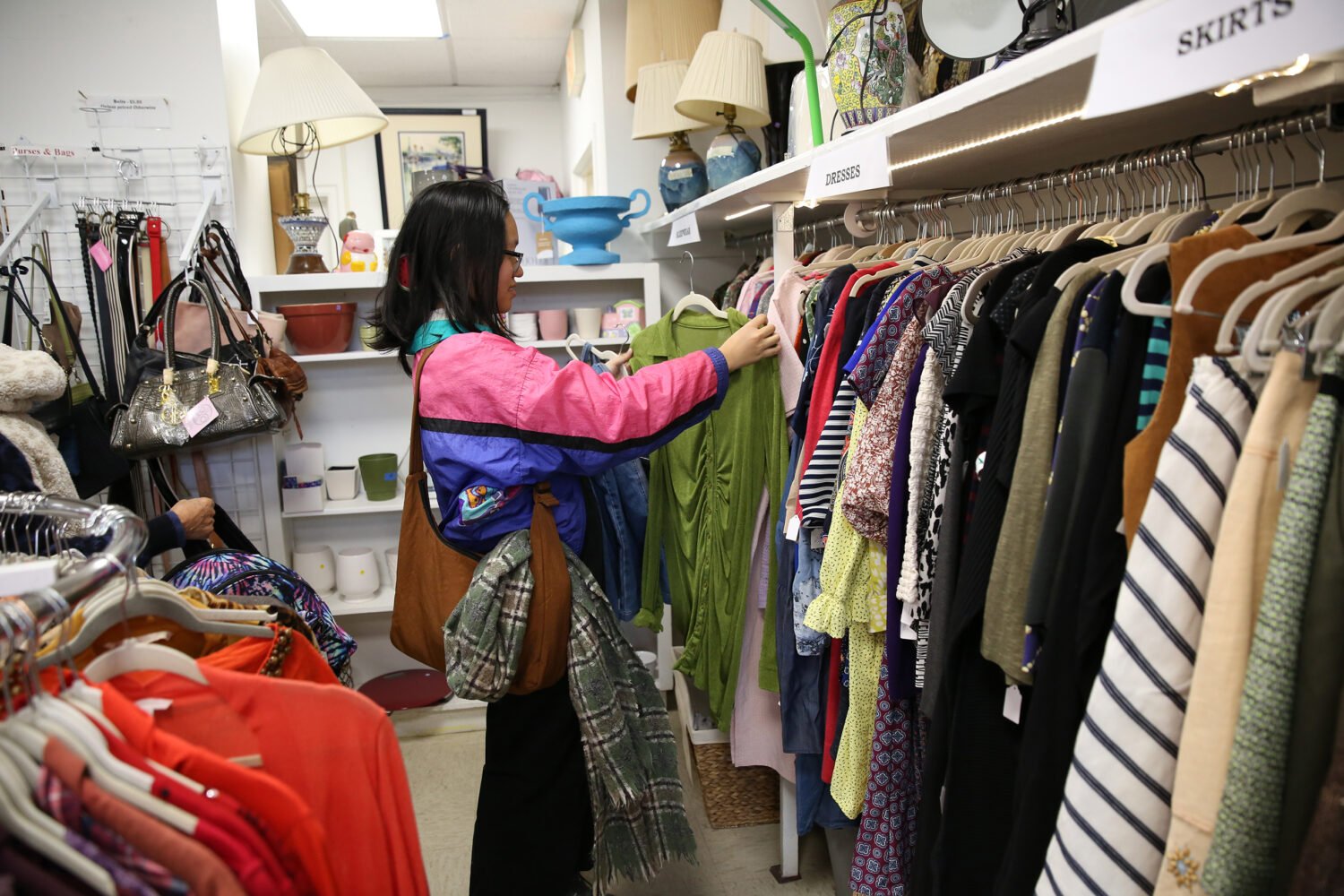Nearly five months after its deadline, Mayor Vince Gray’s administration has finally finished assembling a deal to build a new soccer stadium for DC United on Buzzard Point in Southwest DC and submitted it for the DC Council’s review.
Under terms first announced last June, the city will assemble the nine-acre stadium plot through a series of land swaps for parcels owned by the development firm Akridge, Pepco, investor Mark Ein, and Super Salvage, a local junk yard. City officials completed their negotiations with Akridge and Pepco several months ago, comprising 88 percent of the stadium land; deliberations with Ein and Super Salvage held up the process. (Gray’s office aimed to deliver a plan to the Council by the end of last year.) The District government threatened to use eminent domain on Ein and Super Salvage, on which Ein holds an option, several times during the process, hinting at a potential repeat of Mayor Anthony Williams’s administration seizing 16 different properties to make way for Nationals Park just blocks from where the future DC United Stadium will sit.
Prices for the parcel’s occupied by Ein and Super Salvage, which city tax records value at $15 million collectively, are still being finalized. Ein sat on the land with the long-term plan of moving most of his businesses to Southwest. But Ein says he and Super Salvage are selling under duress, according to an e-mail statement from him and Super Salvage president Steve Middlethon.
“We never planned to sell our land at Buzzard Point,” they write. “Super Salvage wanted to maintain its employee-owned business of 62 years and Mark bought the land to bring one of his company’s headquarters into the District of Columbia and be part of the revitalization of the area. Since early last year, we offered many solutions and asked the administration to bring the parties that will benefit from this deal to the table and be part of the solution, so the burden didn’t fall solely on the city. This finally occurred only in the last two weeks and enabled it to happen.”
The city will pay $41 per square foot of Ein’s and Super Salvage’s properties, while sources with knowledge of the stadium deal say a balance will be covered by Akridge and DC United. A similarly sized plot across Second Street, Southwest, sold last October for $62 per square foot, but Ein and Super Salvage say they are taking a “significant discount.”
In return for its two acres, Akridge is getting the Frank D. Reeves Municipal Center at 14th and U streets, Northwest, and will redevelop it into commercial and residential space on one of the most valuable corners of land in the District. The municipal agencies and commercial tenants in the Reeves Center will eventually be moved to a new facility the city plans to open in Anacostia in 2017. Pepco is getting land from the city at First and K streets, northwest.
The total cost for United’s 20,000 to 25,000 seat stadium is estimated at $300 million, half of which will be spent by the city on assembling the land and upgrading the surrounding infrastructure. Construction of the stadium itself will be paid for by the soccer club, which has played its home games at 52-year-old RFK Stadium since debuting in 1996.
“We are excited about the completion of this portion of the process and look forward to engaging the DC Council,” says Craig Stouffer, a spokesman for the soccer team.
“The new soccer stadium is the final catalyst for what is certain to become one of the most vibrant and sustainable sports and retail districts in America,” Gray says in a press release.
Once the stadium is built, possibly in time for the 2017 Major League Soccer season, DC United will have a 30-year initial lease, with options for two five-year extensions. The team will pay $1 annual rent over the first 40 years; after that, the site will revert to the District. United also won’t have to pay any property tax until the sixth year of the lease, when it will pay 25 percent of the full rate, with gradual increases over the remainder of the term.
What the city is getting in return has changed since last June, when Gray and United co-owner Jason Levien signed their initial term sheet, which envisioned a profit-sharing agreement. Under the revised terms, United will pay DC $2 per ticket sold beginning in the 11th year of the lease, with payments increasing at the rate of inflation after the 20th year.
The Council could take up the stadium plan beginning next week. Council Chairman Phil Mendelson was unavailable for comment when the stadium deal was announced.

